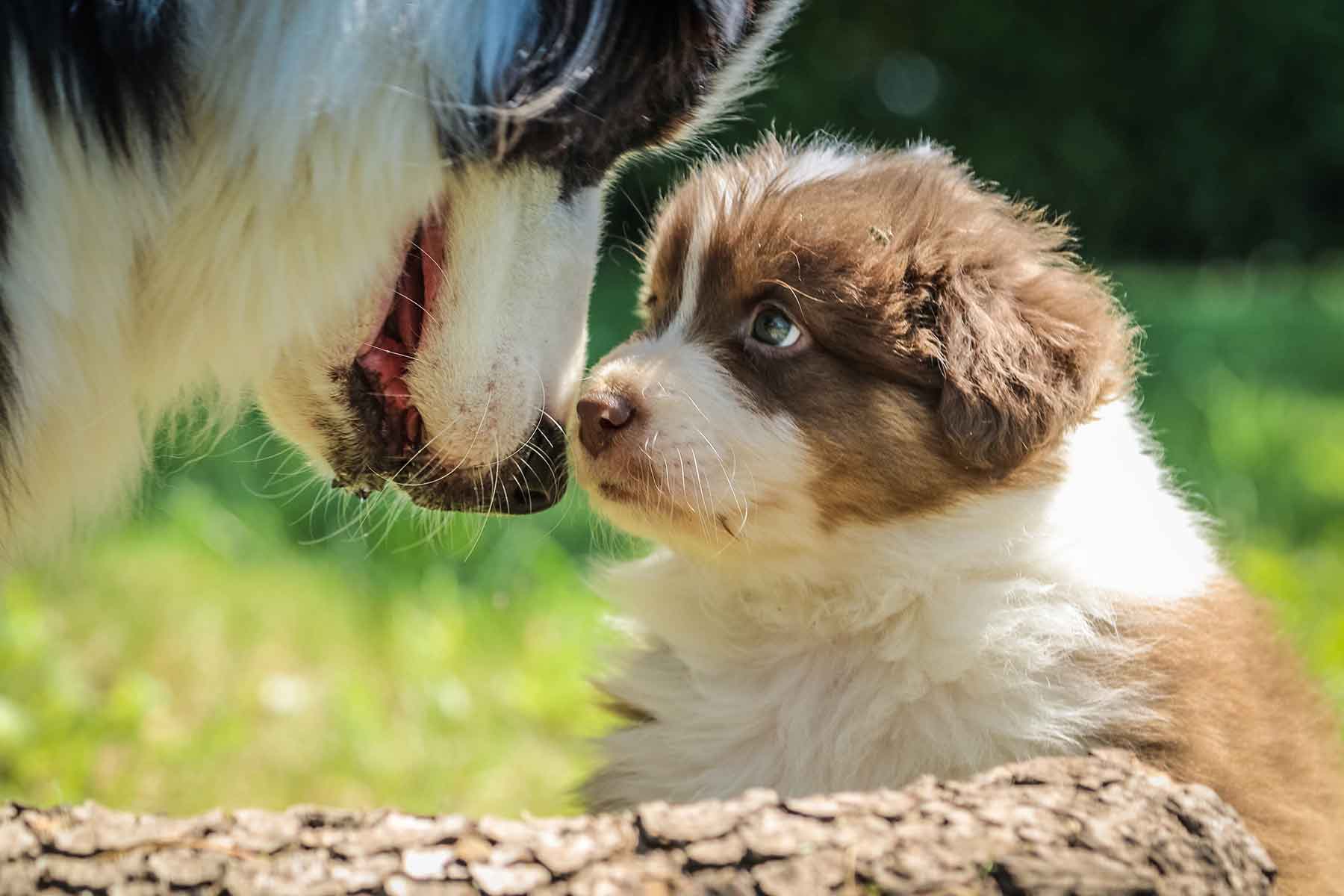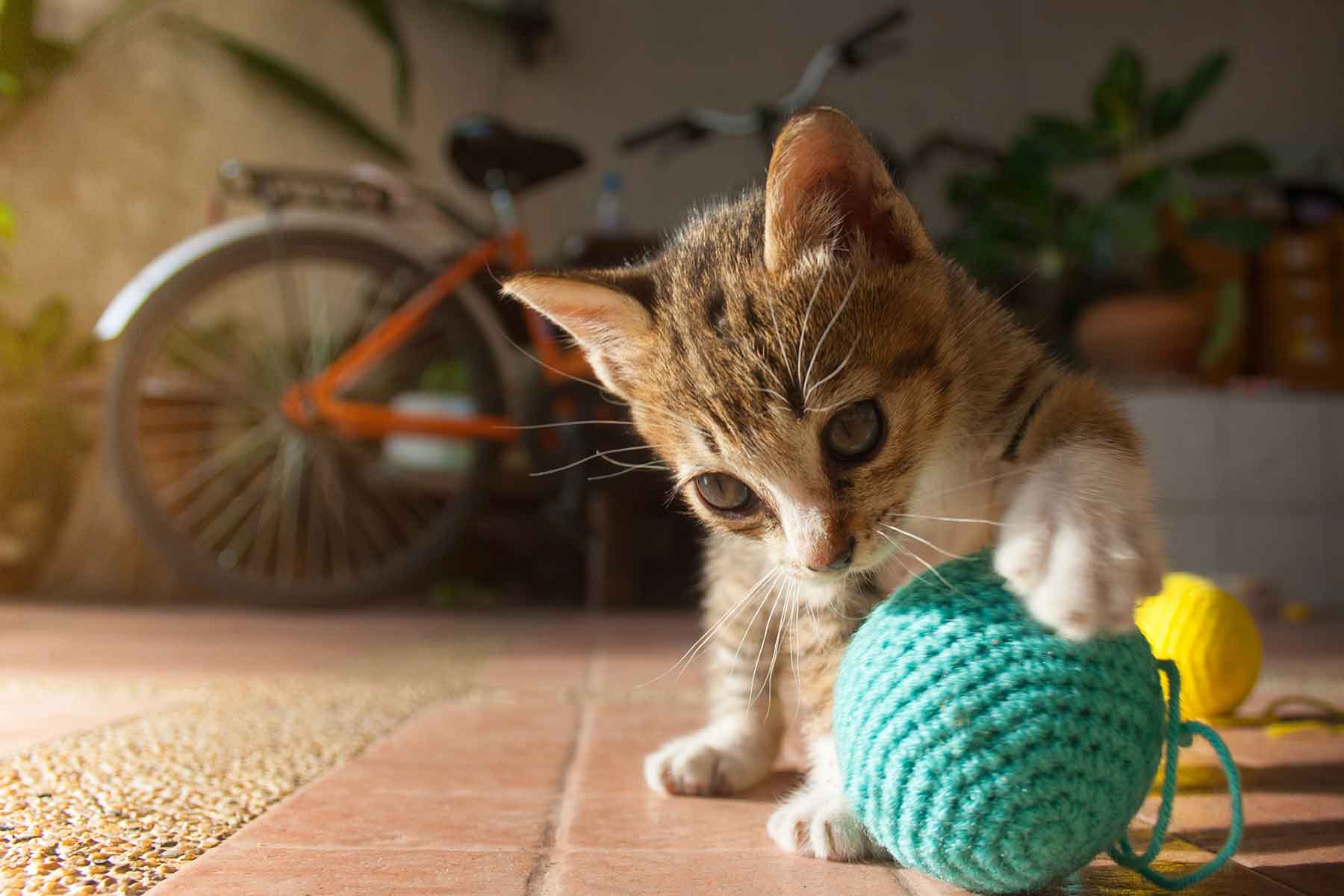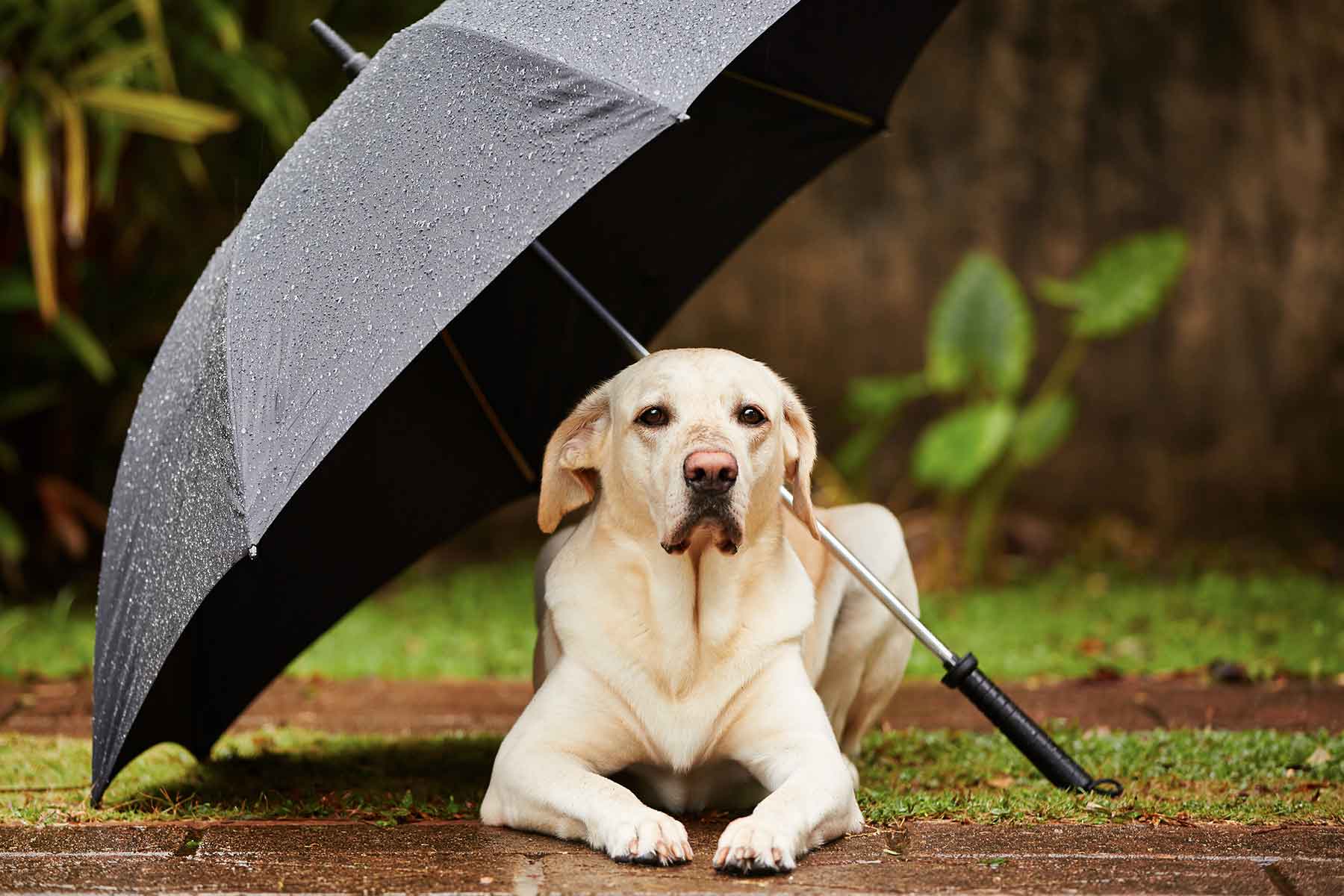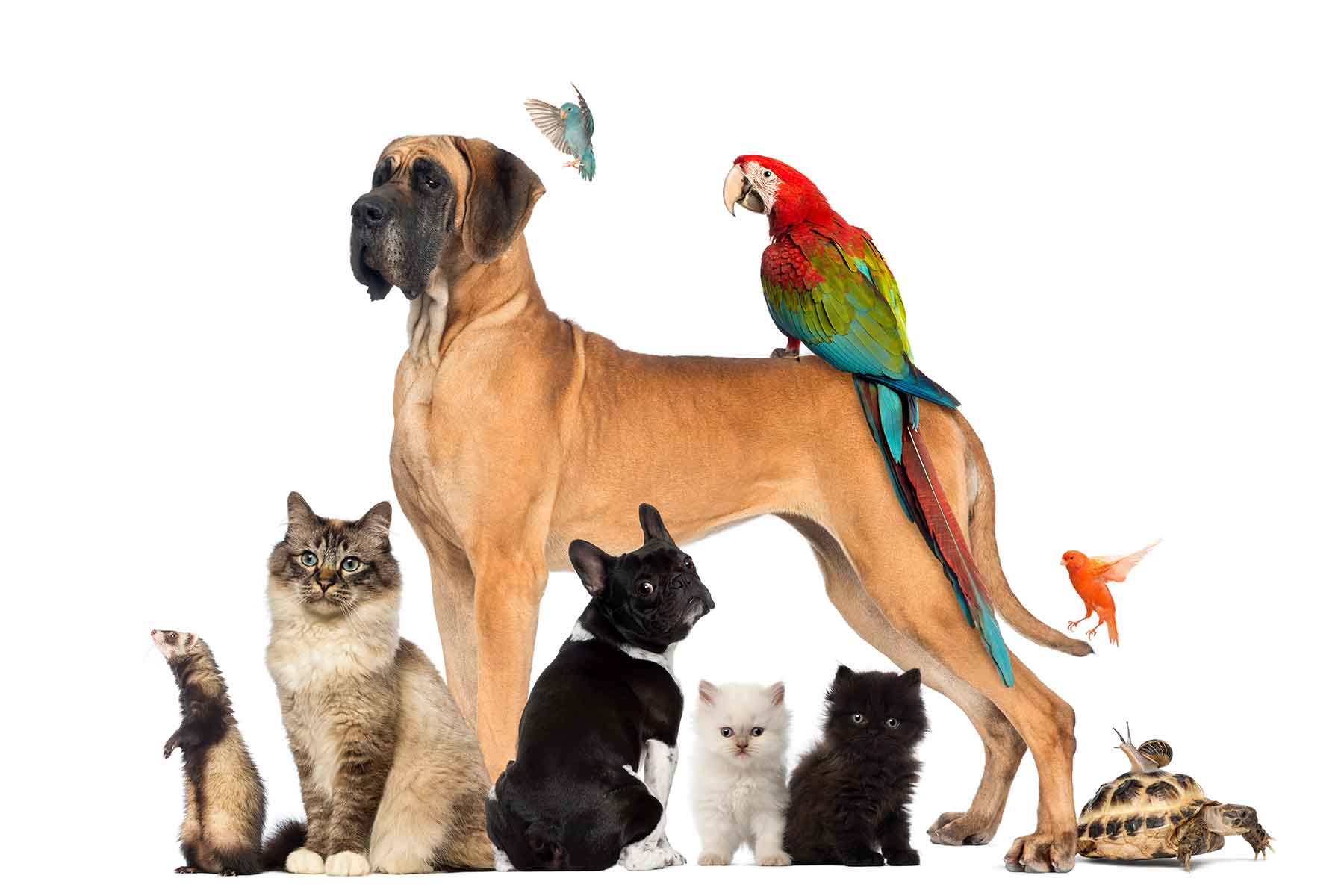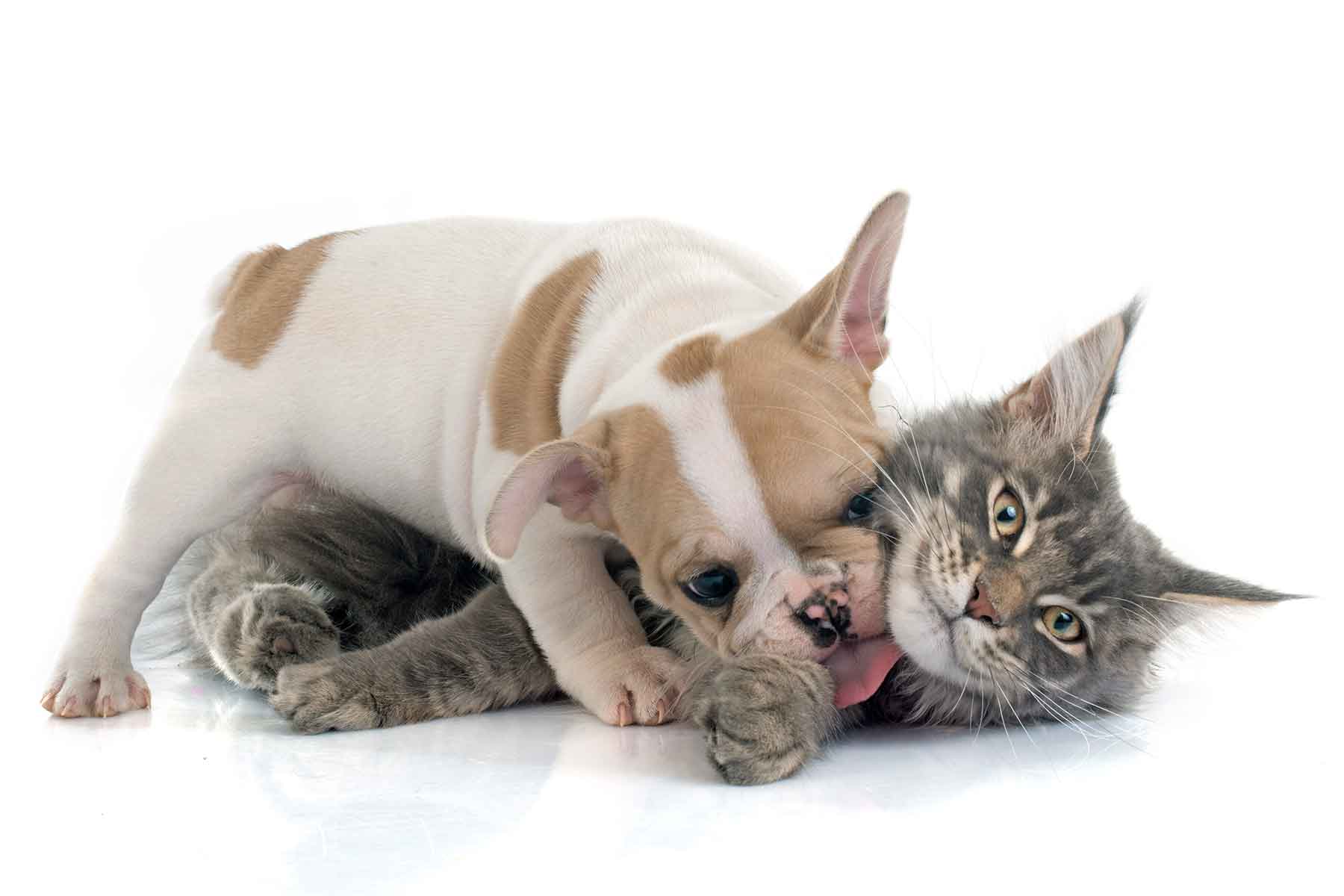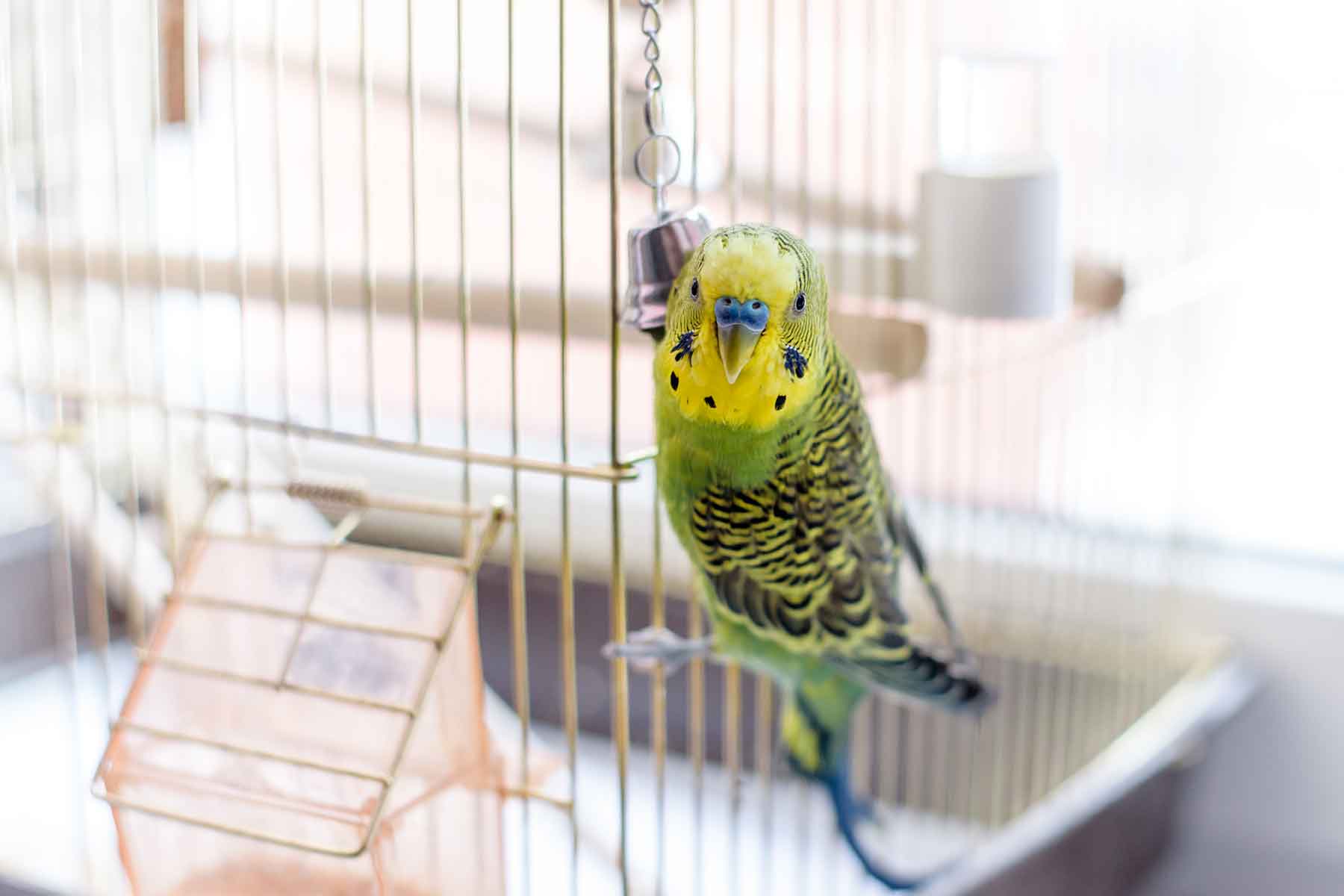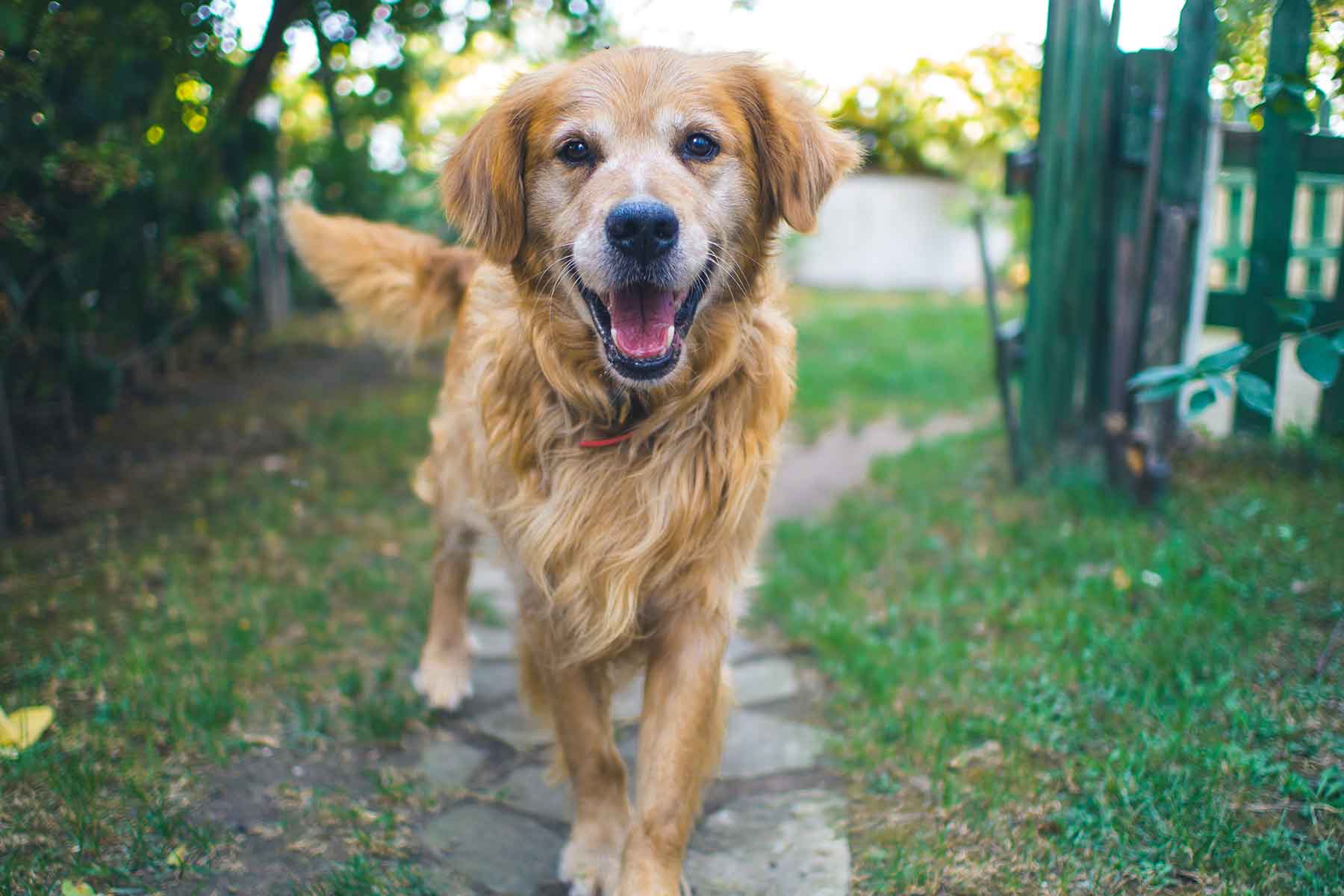Bichon Frise, pronounced ‘Bee-shon Free-zay’ is a true companion dog and often seen in the company of ladies in Europe during the 16th Century. This cute, curly coated breed remained popular until the late 19th century but then fell from favour until the mid 1950’s when it was taken to North America where their popularity once again thrived.
Temperament and appearance
Although small in stature, the Bichon Frise is big on personality, with a lively, irrepressible nature which makes them great fun to own. A fine white silky coat of soft, corkscrew curls is trimmed to show off his beautiful dark expressive eyes, and to give a full, rounded appearance to the head and body. Consequently they tend to take on the appearance of a snow-white fluffy child’s toy when standing still. On the move, the Bichon Frise resembles an animated powder-puff.
Remarkably intelligent and affectionate, the Bichon Frise can be trained however patience will be required. Overflowing with self-confidence, generations of dependence on human beings have given this breed a sense of belonging to the family, which manifests in the enjoyment of comfort and company. Although diminutive in size, they make an alert little house alarm although will require training to be quiet on command.
Lifespan
The Bichon Frise is a hardy long living breed and can live until the late teen years with optimal care and diet.
Grooming and care
To look their stylish best, the Bichon should be groomed every day and professionally clipped every four to six weeks. We also suggest starting the grooming process from a young age so they become accustomed to brushing and handling. Check their ears at least once a week and their undercoat for grass seeds regularly.
Exercise
When it comes to exercise the Bichon Frise are energetic and will adore you for a regular walk. Their bouncy nature also make them wonderful participants for agility however successful students require lots of patience, training, attention and positive reinforcement.
Health Concerns
For the latest research in breed-related problems in Bichon Frise visit the University of Sydney’s LIDA (Listing of Inherited Disorders in Animals) website.

